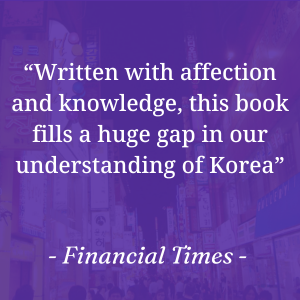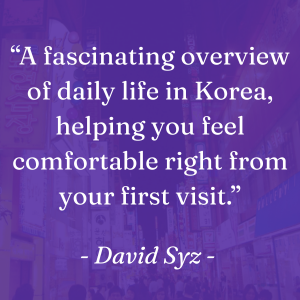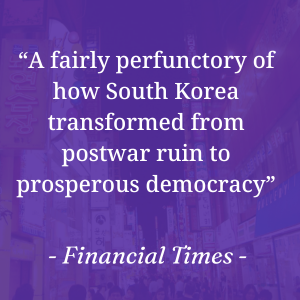Customer Services
Copyright © 2025 Desertcart Holdings Limited


Korea: The Impossible Country: South Korea's Amazing Rise from the Ashes: The Inside Story of an Economic, Political and Cultural Phenomenon






Trustpilot
3 days ago
5 days ago
5 days ago
2 months ago